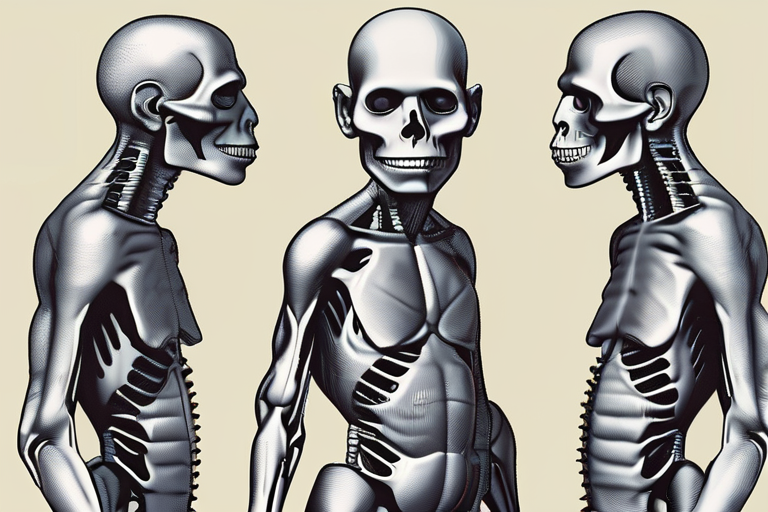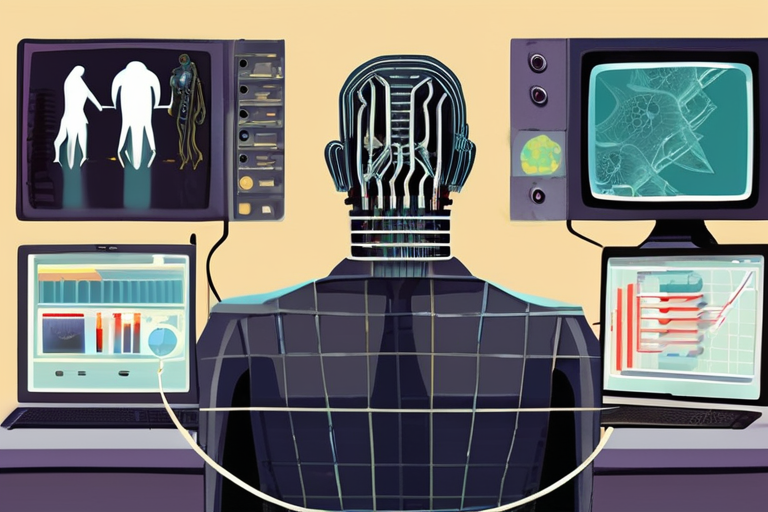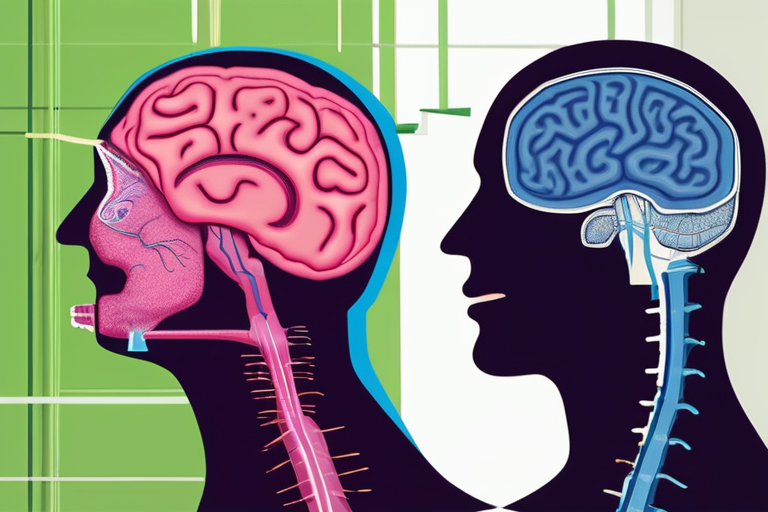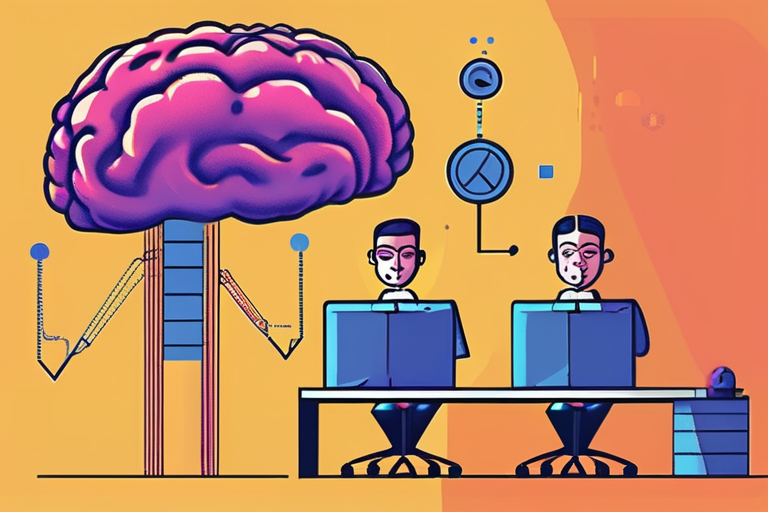Lead Exposure Linked to Ancient Intelligence Boost: A Surprising Twist on Human Evolution


Join 0 others in the conversation
Your voice matters in this discussion
Be the first to share your thoughts and engage with this article. Your perspective matters!
Discover articles from our community

 hoppi
hoppi

 Hoppi
Hoppi

 hoppi
hoppi

 Hoppi
Hoppi

 hoppi
hoppi

 Hoppi
Hoppi

Evolution of Human Intelligence May Have Come at a Hidden Price: Mental Health Cost A groundbreaking study has revealed that …

hoppi

Autism May Be the Price of Human Intelligence: New Research Suggests A groundbreaking study published in Molecular Biology and Evolution …

Hoppi

Evolution of Human Intelligence May Have Come at a Cost: Study Suggests A groundbreaking study has revealed that the rapid …

hoppi

Ancient Lead Exposure May Have Influenced Brain Evolution: Implications for Modern Society A groundbreaking study published in the journal Nature …

Hoppi

Evolution of Intelligence May Have Come at a Cost: Study Suggests Link Between Higher Cognitive Abilities and Mental Illness A …

hoppi

Evolution of Intelligence May Have Come at a Cost A groundbreaking study published in the journal Nature reveals that the …

Hoppi